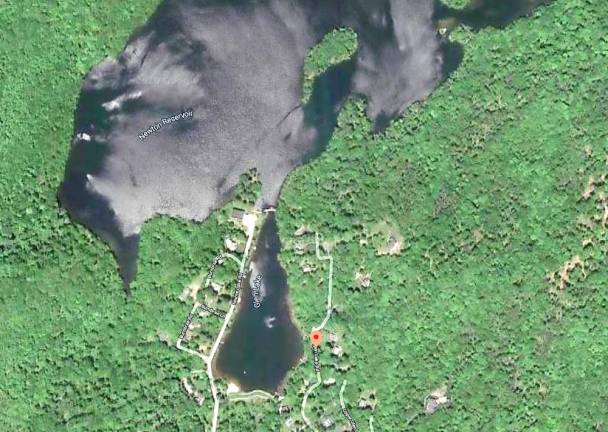Glen Lake property owners win relief from dam assessment
Sparta. New Jersey Supreme Court ruled unanimously that the assessment for dam repairs imposed by Sparta Township on private property owners is illegal.

A dam assessment imposed by Sparta Township on Glen Lake property owners is illegal, according to a unanimous ruling on July 22 by the New Jersey Supreme Court.
Attorney John E. Ursin of Schenck Price Smith & King represented a group of six homeowners at trial court and through the appeals, including arguing the case before the New Jersey Supreme Court. In a statement, Ursin called the ruling a significant win for New Jersey residents facing the prospect of assessments for dam repairs.
After a series of serious storms that caused flooding and dam failures in New Jersey in the early 2000’s, the state legislature created a program to loan money to lake owners and associations struggling with dam maintenance, repair, and reconstruction. The program allowed municipalities to serve as co-borrowers for the loans.
At that time, the New Jersey Department of Environmental Protection determined that the Glen Lake dam needed repairs. The dam, the lake, the beach, and the surrounding area are owned by members of the private beach club, which was faced with a choice: fix the dam itself or have the state repair it and place a lien on the property owners for the costs. Or the state could decide to decommission the dam, which would ruin the lake and beach, and still send property owners the bill.
As early as 2002, the Glen Lake Beach Club decided to fix the dam itself and went looking for a loan.The club appealed to the township council, and Sparta eventually became a co-signer for the loan, with the agreed-upon specification that the township would incur no losses but would recoup the pay-back funds through a special assessment on the property owners. Loans were secured, and the dam was repaired. The final cost for re-paying the loan, according to the commission appointed by the council, was $925,762. The township sought to recoup this sum from the beach club through a special assessment of the properties involved.
The daunting cost of dam repairs
Ursin said the state’s dam program has benefited many lakes in providing funding to repair dams. But many lakes have no formal association, and the cost of dam work is significant. Some lake associations and municipalities have tried to spread the cost to surrounding property owners by special assessments, even where their properties have no connection to the lake.
The July 22 decision clarified these special municipal assessments, Ursin said. The New Jersey Supreme Court ruled that only properties that benefit from a dam or lake project would be included in the special assessment, with the benefits clearly defined and with assessments not exceeding those benefits.
Ursin said he’s seen many cases where dam assessments have surprised homeowners, who had no idea they could be forced to contribute to a lake where there is no association. Many times the property owners do not fight the assessments because they do not understand the process, he said, or because the amount of the assessment when spread over a period of time is not worth protesting. Failure to pay the assessments can result in tax liens and even foreclosure, and can negatively affect the value of a home, Ursin said.
He said the ruling also places municipalities and lake associations on notice that they must follow proper procedures in levying assessments for dam repairs in the future.
Attorney John E. Ursin said he’s seen many cases where dam assessments have surprised homeowners, who had no idea they could be forced to contribute to a lake where there is no association.